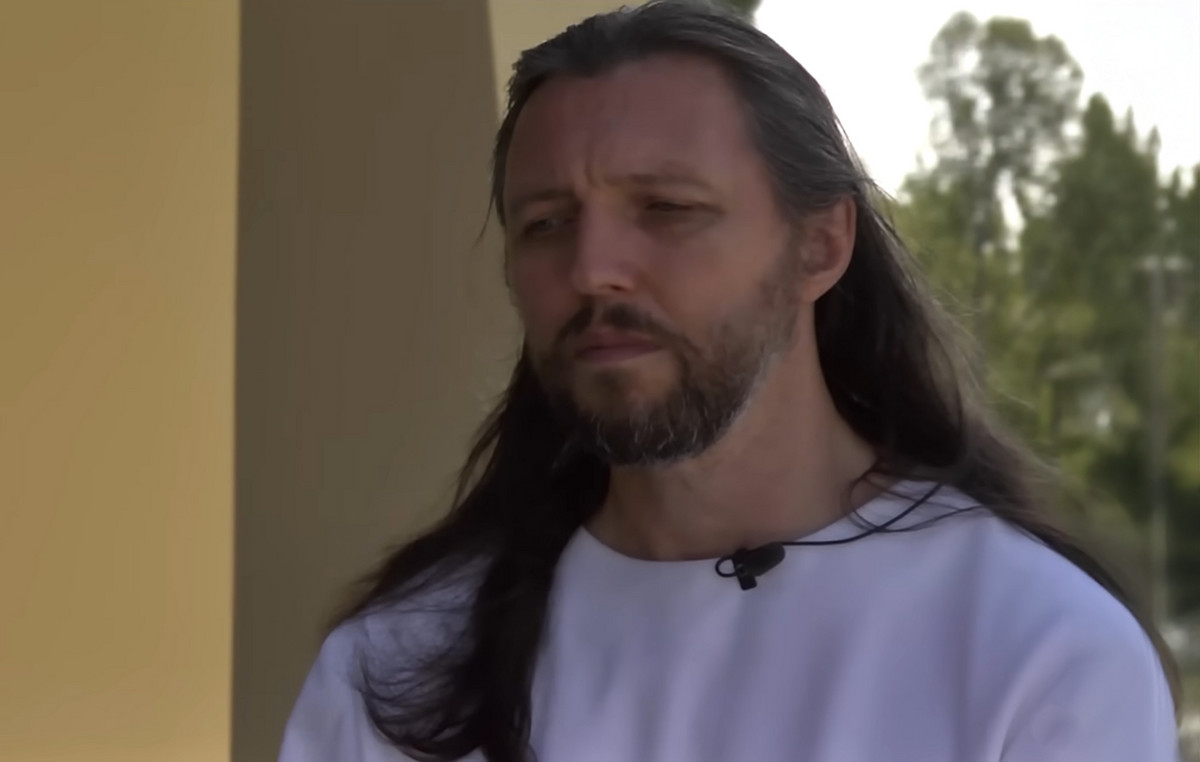The City of Buenos Aires, Argentina, has banned the use of so-called inclusive language in schools under its jurisdiction, thus prohibiting certain words from ending with “e”, “@” and “x”.
In an official statement, the city’s Department of Education states that “the rule is based on the premise that the Spanish language offers several options to communicate in an inclusive way without the need to misrepresent it”.
“Measure [é] applied only to the content that teachers dictate in class, to the material that is given to students and to official documents from educational establishments”, explains the folder.
Buenos Aires officials said the ban on inclusive language is part of measures to respond to poor school performance. But the decision was met with criticism because, for many, the apparent correlation between poor results and inclusive language is unclear.
“The incorrect use of the Spanish language causes children to have obstacles,” said the capital’s education secretary, Soledad Acuña, quoted by the state news agency Télam.
“We understand that language is not neutral. That’s why we are distributing guides for the use of inclusive language to all schools without distorting the Spanish language,” she added.
However, the secretary’s statement does not establish that poor school performance is the result of the use of inclusive language, but rather a general context. The purpose of the resolution, says the folder, “is to order the use of language to facilitate the learning process of students, which was significantly affected as a result of the Covid-19 pandemic”.
Last week, the communiqué recalls, the Chamber presented the results of the evaluations of the Completion of Primary Education and the Third Year of Secondary Education, “which show the educational reality of the students”. The most affected, he adds, “was reading comprehension, in which an average result was obtained that shows a setback of almost four years”.
reviews
Several of the criticisms of the measure point out that it can lead to discrimination against groups that do not identify with one gender or another. Furthermore, in Spanish, the masculine gender is used to “designate the class that corresponds to all individuals of the species without distinction of sex”, according to the grammar of the Real Academia Española (RAE). This, the feminist groups explain, excludes women and that is why they advocate neutral language, either by including the feminine ending or by using the ‘e’ instead of the ‘o’ at the end.
The Union of Education Workers of Argentina published a statement criticizing the measure.
“This decision led by Minister Soledad Acuña shows once again the intentions of intimidating teachers and institutions that build spaces for inclusion and respect for all identities, at the same time as they implement new forms of violence against children and young people who do not recognize themselves as constituting the masculine or feminine of their identity,” they wrote.
“What is not named does not exist: denying language to trans and non-binary children and adolescents constitutes an attack on the right to identity of each and every one, and to be in an environment in which diversity is respected”, adds the union. .
Academy of Letters rebate
A member of the Argentine Academy of Letters, Santiago Kalinowski explains that inclusive language does not have an academic purpose, but is a “rhetorical phenomenon” that “has political action”.
Inclusive language is used by some feminist groups and has been more visible in Argentina, for example, in moments like the abortion debate in December 2020.
On the occasion, the Royal Spanish Academy clarified in a tweet that “the use of the letter “e” is strange to the morphological system of Spanish, as well as unnecessary, since the grammatical masculine works as an inclusive term”.
On the other hand, the Doctor of Letters Karina Galperín says that in her classes of 50 students “which sometimes are 9 men and 41 women, it is a little ridiculous to continue using the masculine one”.
A different point in this discussion was given by the writer and cultural critic Beatriz Sarlo, who is a professor at the University of Buenos Aires (UBA) and who does not question the movement in favor of inclusive language, but warns that the biggest problem is the fall in the general level of education in the country. Last Friday (10), in an interview with “Rádio Perfil”, Sarlo said that the most worrying thing is the fact that there are “adolescents who cannot read a complex text”, as shown by the latest educational tests.
“If they want to advise, not impose, that boys and girls learn that this two-gender syntax of Spanish is possible, I’m not worried. What worries me is that, at the UBA and at the Faculty of Philosophy and Letters, the partials are poorly written, they do not deal with complex subordination,” she said.
The language, he added, “is not modified by the law”, but it is society that, little by little, gives meaning to the new words that emerge. What makes her nervous, she said, is that the authorities “are dealing with inclusive language” when half the teens are “out of school.”
In addition to blaming the authorities for the low level of education, she highlighted that discussions such as those of inclusive language cannot be won simply with will, while “teaching children to read and write can be an exercise of political will and institutional efficiency”.
Secretary denies “witch hunt”
Regarding the measure, Secretary Acuña said that “we are not persecuting nor is it a witch hunt; we want to teach better so that children can learn”, according to the Telam agency.
Acuña also responded to the teachers union’s statement: “We do not ask unionists for permission to make decisions on educational issues, we make decisions based on evidence and consulting experts,” Acuña said, emphasizing that “there are ways to make [as pessoas] visible and include without misrepresenting the conventions of the Spanish language”.
Why do some advocate inclusive language?
A spokesperson for Stonewall, a UK-based LGBT campaign group, explained to CNN why this language is important.
“Talking to a group of people using gender-neutral language is a really simple and positive way to make sure everyone feels welcome and included.”
Dulcinea Pitagora, psychotherapist and sex therapist from New York, consulted in 2021 by CNN said that language is the first step towards increasing inclusion.
If we want to be more inclusive, we can start “by removing gender from language whenever possible, to train our brains away from the habit of making assumptions about people,” Pitagora said.
“Identifying ourselves on our own terms and being recognized with inclusive words is part of the democratization of language and the pride of being who we are”, says Anne-Marie Urban, from the Gender and Diversity Division of the IDB (Inter-American Development Bank), which argues that language “evolves” throughout our lives and paths must be sought to transform “words into instruments of change and inclusion”.
Source: CNN Brasil
I’m James Harper, a highly experienced and accomplished news writer for World Stock Market. I have been writing in the Politics section of the website for over five years, providing readers with up-to-date and insightful information about current events in politics. My work is widely read and respected by many industry professionals as well as laymen.







